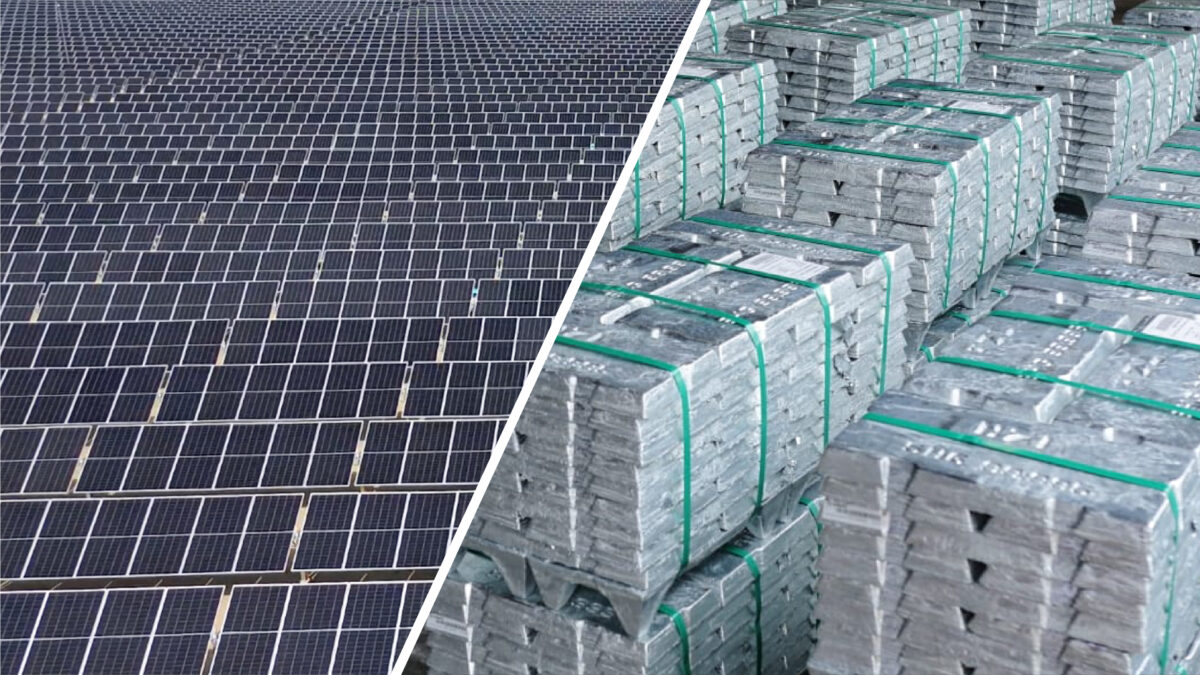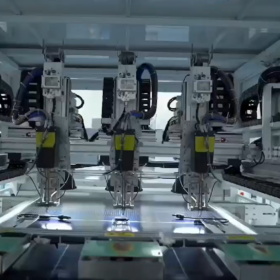Hindustan Zinc, India’s largest and the world’s second-largest integrated zinc producer, announced the commencement of the first phase of renewable energy integration from Serentica Renewables’ Bikaner project in Rajasthan. Serentica is supplying power for Hindustan Zinc’s operational business units in Rajasthan.
Hindustan Zinc had entered into power delivery agreements (PDAs) with Serentica for procurement of 450 MW of round-the-clock (RE-RTC) power, ensuring operational reliability and sustainability across its key business units. As part of the agreement, Serentica has started supplying renewable energy to Hindustan Zinc from its 180 MW solar project.
Hindustan Zinc has an existing captive solar power capacity of 40.70 MW and depends on conventional fuel sources for the rest of its power requirement. The renewable power from Serentica’s project will increase the share of renewables in the company’s overall energy mix.
Serentica’s Bikaner power park is an integral part of its round-the-clock strategy, involving multi-location solar and wind energy installations. Spanning over 1,200 acres, this 180 MW solar park will ensure a consistent and reliable green power supply to Hindustan Zinc’s operations. Cumulatively, the project will reduce around 2.7 million tons of CO2 emissions annually, significantly contributing to India’s sustainability agenda.
Hindustan Zinc targets a 50% reduction in carbon footprint (scope 1 & 2) by 2030 and achieving carbon neutrality by 2050 by transitioning towards renewable energy. Hindustan Zinc recorded a 14% decrease in GHG (greenhouse gas) emission intensity compared to the base year 2020 through increased operational efficiencies and use of advanced technologies, while increasing production each year. The company’s operations at Pantnagar Metal Plant already run on 100% green power. Additionally, the company has deployed battery electric vehicles (BEVs) in its underground mines and initiated the deployment of 180 LNG vehicles and EV trucks in logistics for inbound and outbound transportation as a step towards reducing Scope-3 emissions by 25% by 2030.
This content is protected by copyright and may not be reused. If you want to cooperate with us and would like to reuse some of our content, please contact: editors@pv-magazine.com.









By submitting this form you agree to pv magazine using your data for the purposes of publishing your comment.
Your personal data will only be disclosed or otherwise transmitted to third parties for the purposes of spam filtering or if this is necessary for technical maintenance of the website. Any other transfer to third parties will not take place unless this is justified on the basis of applicable data protection regulations or if pv magazine is legally obliged to do so.
You may revoke this consent at any time with effect for the future, in which case your personal data will be deleted immediately. Otherwise, your data will be deleted if pv magazine has processed your request or the purpose of data storage is fulfilled.
Further information on data privacy can be found in our Data Protection Policy.